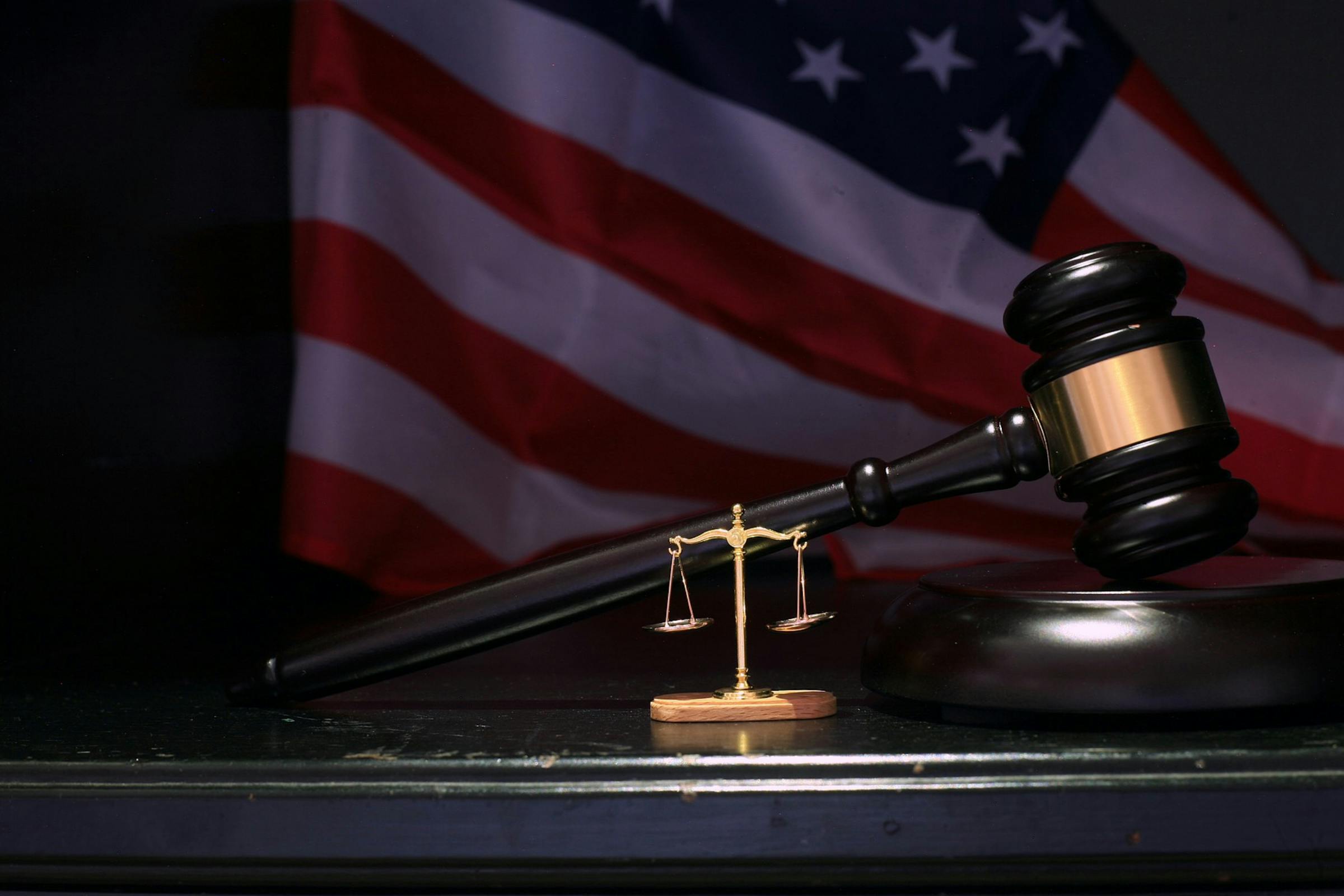What the Secure and Protect Act of 2023 Involves
Under current legislation, those seeking asylum must go through a complicated and lengthy process fraught with problems that often separate parents from children and cause dangerous delays. The Secure and Protect Act of 2023 (S.425) attempts to fix the glaring cracks in the asylum process.
S.425 moves asylum seekers in the Northern Triangle and similarly located countries to head to refugee processing centers to apply for protective services, taking the burden off of the USCIS and speeding up the asylum decision. Other changes include providing more funding to hire hundreds of new immigration judges and to pay for attorneys and staff.
Changing Policies, Reducing Wait Times
The Secure and Protect Act of 2023, introduced by Senator Lindsey Graham (R – South Carolina) in February, could have major effects on the current asylum-seeking policies. Over time, these changes should reduce the time the average visa applicant must wait for a response. Policies impacted include the following:
● Only individuals who enter the US at designated ports of entry can claim asylum.
● Asylum seekers must meet a higher standard of proof and have a “credible fear” that they need asylum.
● New refugee application and processing centers would be built across Central America and Mexico. Those from surrounding areas could apply for protection from nearby countries and not need to enter the US.
● Refugee processing center applications would require a fee, and cases would be adjudicated by the refugee officer instead of USCIS.
● Previous felonies and prior removals would make a person ineligible for asylum.
These terms would limit who enters the US to seek asylum. Migrant children would be detained with their parents or guardians until the removal proceedings were completed, regardless of how long those proceedings took. Currently, children may only stay for 20 days, at which time they’re released, regardless of the parent or guardian’s determination.
The bill also calls for a priority review of those cases involving migrant children and families with a 100-day completion goal limit. It also prohibits states from requiring these detention centers to be licensed by the state, which causes delays in approvals and a disconnect between federal and state requirements.
Unaccompanied migrant children (UAC) receive expedited repatriation, regardless of their home country. UACs must meet a high standard of proof that shows they are “more likely than not” to be endangered when they return home, whether be trafficking, persecution, or torture. These children must remain in government custody while their immigration proceedings are ongoing unless they have sponsors or access to programs designed to help unaccompanied minors.
Through policies that increase the number of immigration judges by 500 or more and boost the staff necessary to enforce the proceedings, the immigration court backlogs should be quickly reduced. USCIS staff, including attorneys, will be similarly increased.
What’s Next?
When you’re involved in immigration law, either through an H-1B visa or another category, everything the government does has a potential impact on you. The Secure and Protect Act of 2023 is designed for asylum seekers, but its consequences may be far-reaching.
Working with our legal experts at Visa2US gives you the peace of mind that anything that affects your H-1B visa or beneficiary won’t be a surprise. We’ll help you get and keep your visa, no matter what government policy changes are happening in the background.














